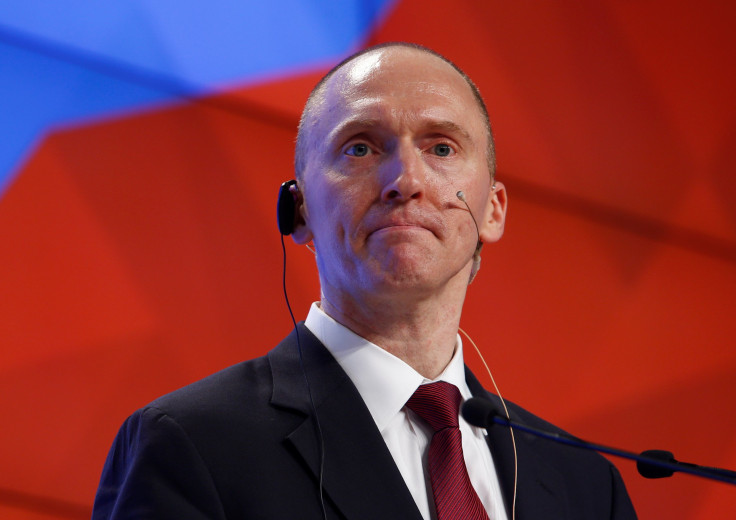Judge Blocks Some FBI Officers From Secret Court Appearances

KEY POINTS
- Steele dossier still haunts FBI
- Congress can eliminate FISA with a vote by March 15
- Intelligence abuses against Americans nothing new
Federal Bureau of Investigation agents involved in the wiretapping of Carter Page, a former Trump campaign adviser, are blocked from appearing before the Foreign Intelligence Surveillance Court (FISC) in other cases.
The court has always been controversial. Some in the intelligence community call the FISA program vital for national security in the post-9/11 world. Civil libertarians have raised questions about potential encroachments on rights and personal privacy. Congress faces a March 15 deadline on whether to renew three FBI national security surveillance and investigative tools that were enacted after 9/11.
“FBI personnel under disciplinary review in relation to their work on FISA applications accordingly should not participate in drafting, verifying, reviewing, or submitting such applications to the Court while the review is pending,” FISC’s top judge, James Boasberg, ruled Wednesday.
“The same prohibition applies to any DOJ attorney under disciplinary review, as well as any DOJ or FBI personnel who are the subject of a criminal referral related to their work on FISA applications.”
Although the judge said he approves of changes the Justice Department is undertaking to its process to obtain wiretaps, Boasberg is troubled that dilemmas cited in Inspector General Michael Horowitz’s December report have not been corrected, specifically the Steele dossier.
The IG faulted the FBI for how it conducted its investigation into Trump campaign officials’ ties to Russia, but also exonerated the agency from claims by the president that it was engaged in a conspiracy against him. Investigators found “no documentary or testimonial evidence” of political bias during the FBI’s Russia investigation.
The FBI had “omitted or mischaracterized” various “information bearing on [former British spy Christopher] Steele’s personal credibility and professional judgment,” the judge said.
The FISA court was created in 1978 to oversee requests for surveillance warrants against foreign spies inside the United States by federal law enforcement and intelligence agencies . Following Watergate, the United States Senate Select Committee to Study Governmental Operations with Respect to Intelligence Activities opened a two-year investigation. It was chaired Sen. Frank Church.
The Church Committee discovered US spy agencies were illegally snooping on Americans and worked to put a stop to it in the mid-1970s.
The Church committee shocked Americans with discoveries of abuses by the FBI, Central Intelligence Agency, Internal Revenue Service and National Security Agency. The committee exposed how agencies spied on American citizens under the guise of national security for political purposes during the Kennedy, Johnson and Nixon administrations, PBS said.
© Copyright IBTimes 2025. All rights reserved.





















